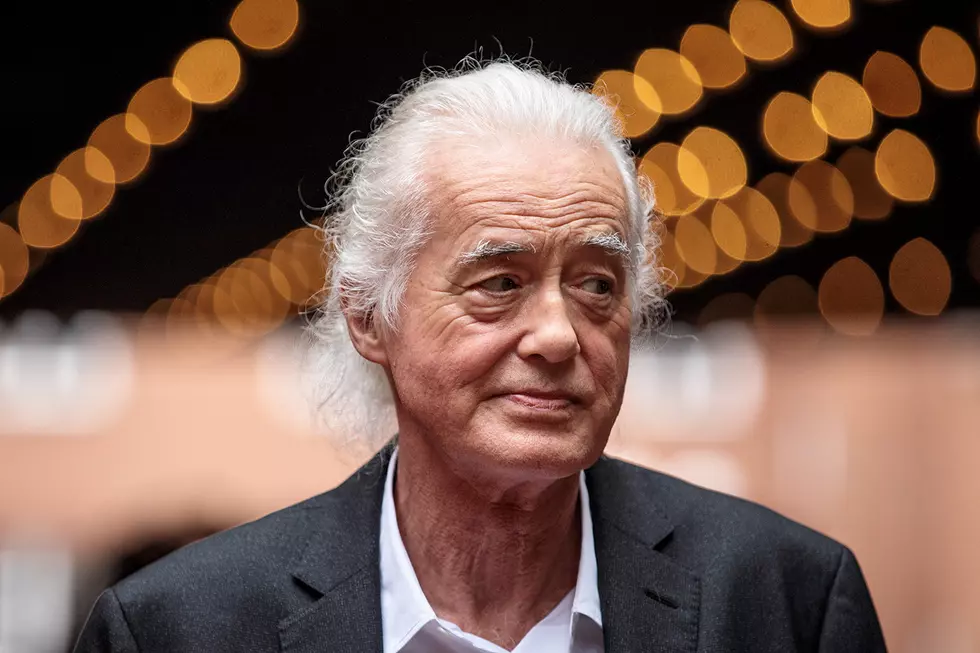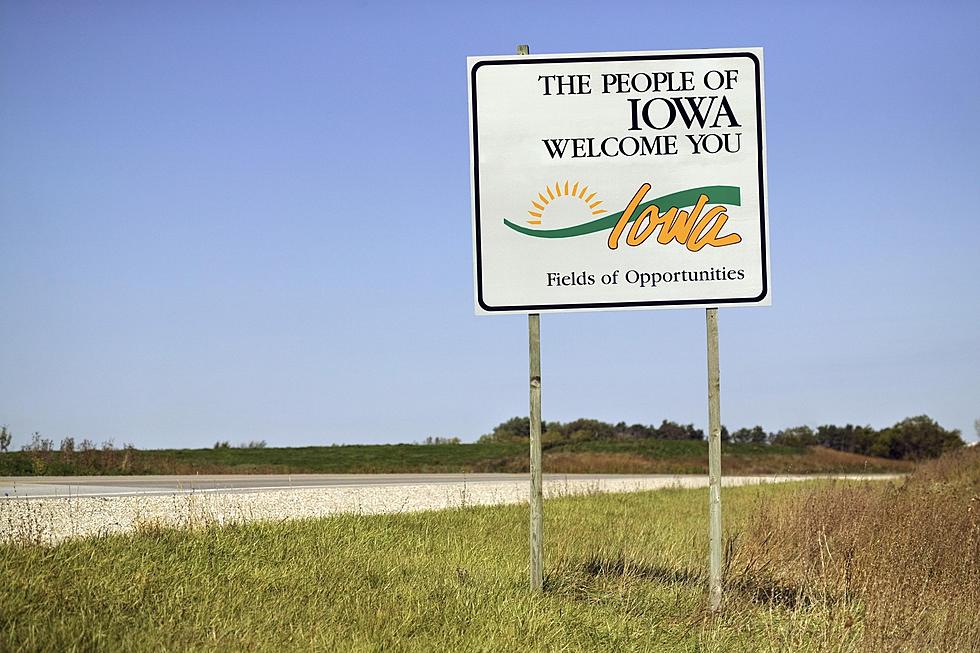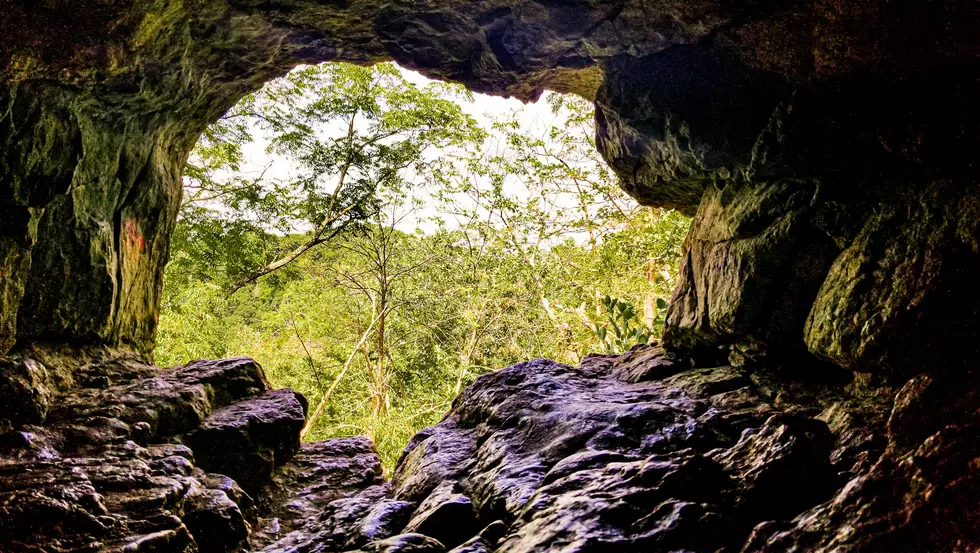
How a ‘Glut of Dreadful CDs’ Sent Jimmy Page Back to the Studio
When the CD revolution came along in the ’80s, Jimmy Page was one of the many people to be intrigued by the promises made about the new format – and soon found himself disappointed.
He was so disappointed, in fact, that he was inspired to start work on remastering Led Zeppelin’s catalog himself in a bid to make the most of the digital platform. The first result was Led Zeppelin (Boxed Set), which was released in 1990.
“There was a glut of dreadful CDs that suddenly came out in the ‘80s and ‘90s,” he wrote in his new book Jimmy Page: The Anthology.
“The confidence trick was that CDs were better than vinyl and cassettes. We were told that you could use them as a frisbee, they were indestructible, and the sound quality was great. I remember getting a CD player and putting one on and thinking, ‘They’ve got to be joking!’ I continued to play vinyl.” He was moved to action after Atlantic Records released Led Zeppelin’s catalog on CD by simply transferring archive recordings.
“They sounded thin and atrocious,” Page recalled. "In one case they’d even used a copy tape that had a whine on the left channel all the way through it. I said, ‘We can’t have this.’ It needed to be redone.”
The guitarist and producer undertook a “proper job” by going back to the master tapes and reworking them so that “you would be able to hear the songs the way you ought to.” That spawned the 1990 box set, the "remasters" set released not long afterward and Boxed Set 2, which arrived in 1993.
“It was important to being the musical legacy of Led Zeppelin up to date,” Page explained. “Now, every track from our nine studio albums could be heard on CD having received the due care and attention needed to get the very best out of this format.”
He was pleased to say that “with the renaissance of vinyl, the record companies tell you that CDs are dead. … I also hear that cassettes and back on the rise, which is all wonderful.” Page noted that some labels have even abandoned CDs in the wake of online streaming, which provided “even more of a boost” to the final format. “It’s funny,” he reflected. "What goes around comes around.”
The Best Song From Every Led Zeppelin Album
More From KYBB-FM / B102.7










